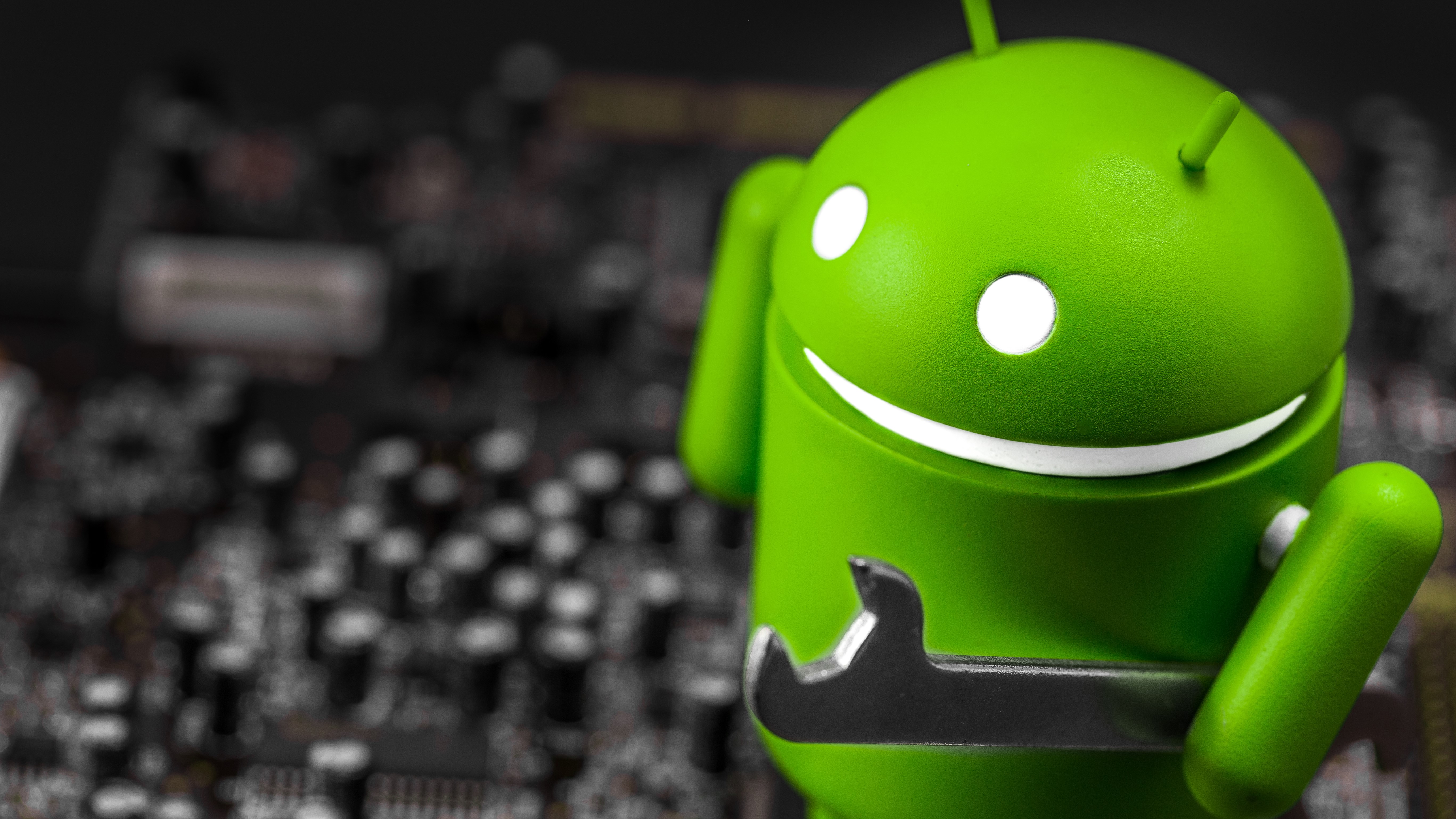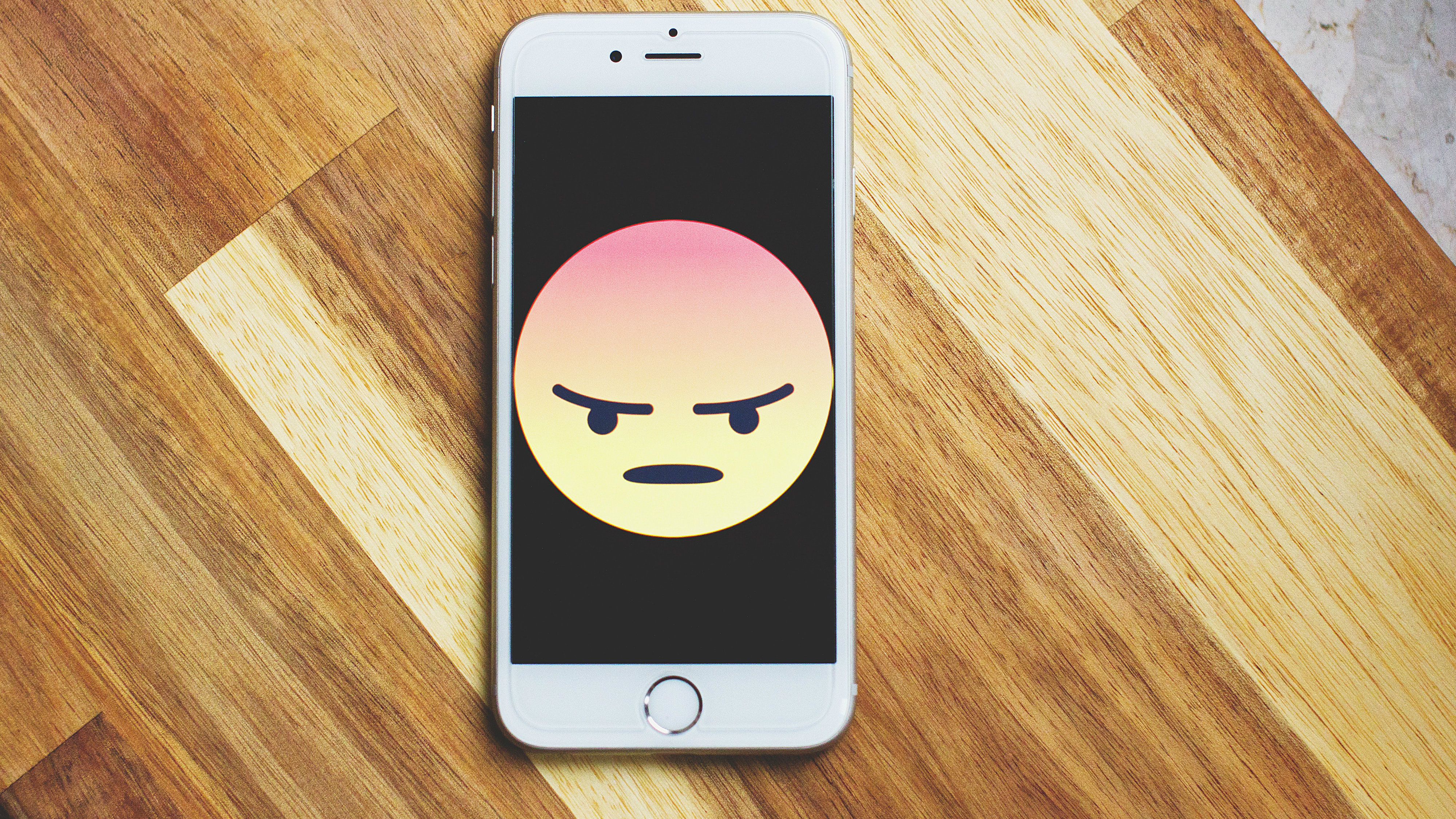The Google outage killed Android phones, showing how fragile tech ecosystems are
Android is a virtual house of cards

Sign up for breaking news, reviews, opinion, top tech deals, and more.
You are now subscribed
Your newsletter sign-up was successful
Users of Google apps around the world were left in online limbo today (December 14) by a major outage that made the vast majority of the internet giant's apps and services unusable. Google Maps was lost, Gmail was returned to sender, and Google One was gOne (some services may still be affected, depending on where you are).
Perhaps the hardest-hit part of Google's online empire was its suite of Android apps. Google makes Android, the platform which many phone makers use, and it also makes lots of the apps that run on it, like Google Photos, Google News and more.
Some phone makers use their own alternatives to these apps, but a few, like Motorola, Nokia, and Google itself, use 'stock' Android, which relies heavily on these apps. And when the outage hit, users of these phones found that key functions on their devices stopped working.
Contacts-less
Stock Android phones weren't totally bricked, and they mostly worked fine – but since Google apps weren't working, some of the key functions were gone.
For example, stock Android uses Google Photos as the default gallery app, and while that service was down you couldn't view images stored on your phone, unless you'd downloaded an alternative or knew how to find them through your Files app (which many people likely won't).
Perhaps a bigger issue was the default Google Contacts app going down. We found we couldn't view contacts stored in the cloud. Sure, it's 2020, and lots of us use social media to keep in touch rather than traditional calling and texting, but the loss of Contacts meant that what are still essential features for many people were unavailable.
Those are some of the bigger apps that went down, but they weren't the only ones – Google News went down, so you couldn't swipe to the side of your home page to see the top stories; Gmail's outage made checking your emails impossible (if you use Google's email app, obviously); and Podcasts was down too.
Sign up for breaking news, reviews, opinion, top tech deals, and more.
It's worth noting that not all Google apps stopped working: we found searching worked just fine, and members of the TechRadar team reported the Google Pay still worked. But millions of people have been inconvenienced to varying degrees.

Avoiding the mistakes of the past
Many companies rely on the Google suite to function, and so productivity likely took a nosedive when the outage began. A huge swathe of the population (if stats are to be believed, around 72%) of the world uses Android, and though it's not clear how many of that percentage uses 'stock' Android, and so felt the full force of the outage, it's likely that many people found their phones were seriously hobbled for the duration of the event.
The Google outage is the latest wake-up call to remind us that big tech ecosystems are fragile things – and that if we rely on one tech giant to manage all our services and data, when it falls, we fall with it.
So what's the solution? We could demand that authorities do more to clamp down on the monopolistic practices of tech mega-corporations, but there's little prospect of that happening any time soon.
Perhaps this is just a reminder to mix and match your tech products and providers a bit. Maybe buy an Android phone and an Apple tablet, or vice versa; get an Amazon Alexa smart home hub, and use Microsoft software on your computer.
Embrace the strong points of different company's products and services, rather than giving into tech tribalism and becoming a 'fanboy' (for want of a better word) for, and reliant on, a single company. The deeper you're invested in any one ecosystem, the more you stand to lose if and when it fails.

Tom Bedford is a freelance contributor covering tech, entertainment and gaming. Beyond TechRadar, he has bylines on sites including GamesRadar, Digital Trends, WhattoWatch and BGR. From 2019 to 2022 he was on the TechRadar team as the staff writer and then deputy editor for the mobile team.